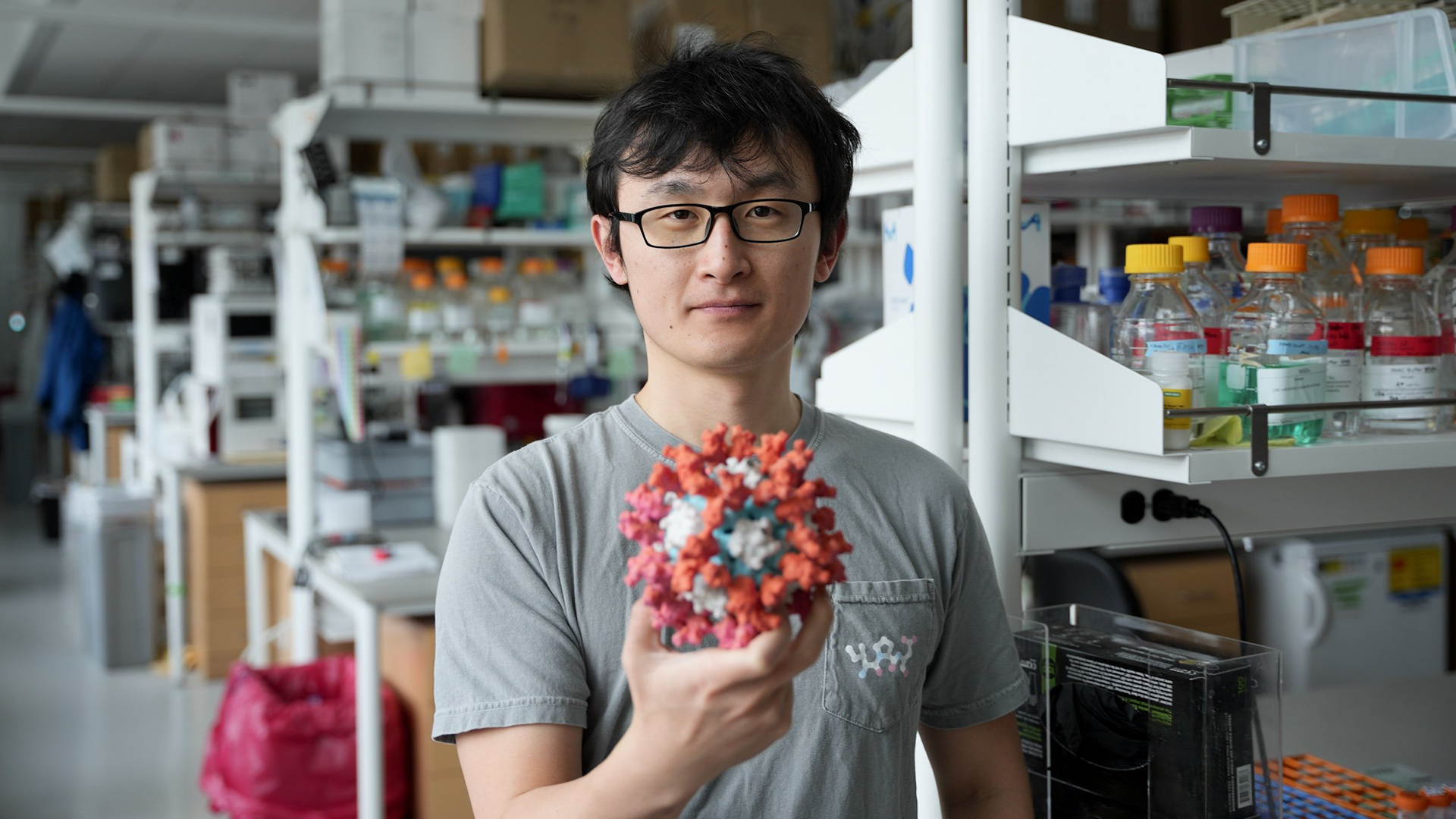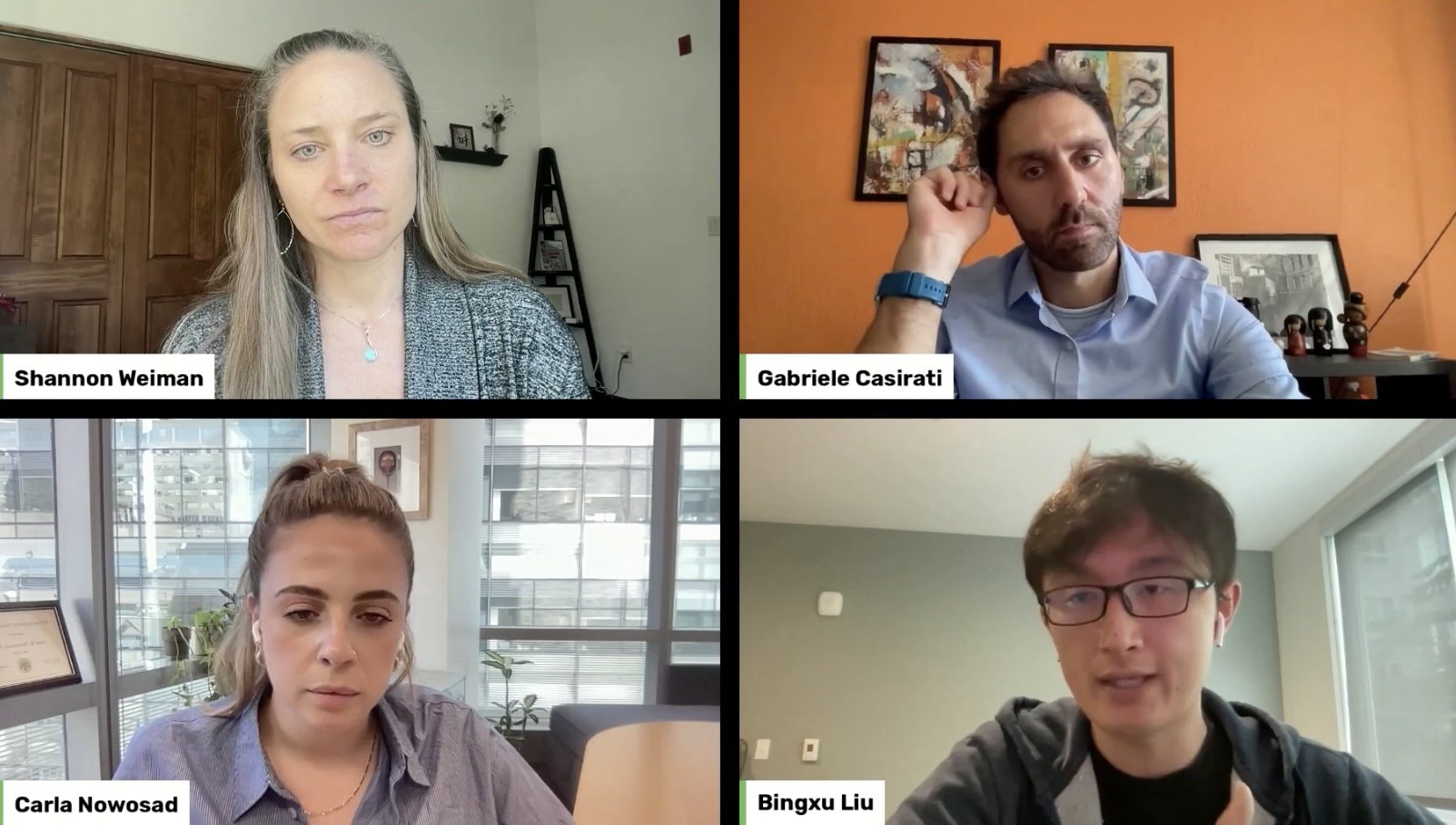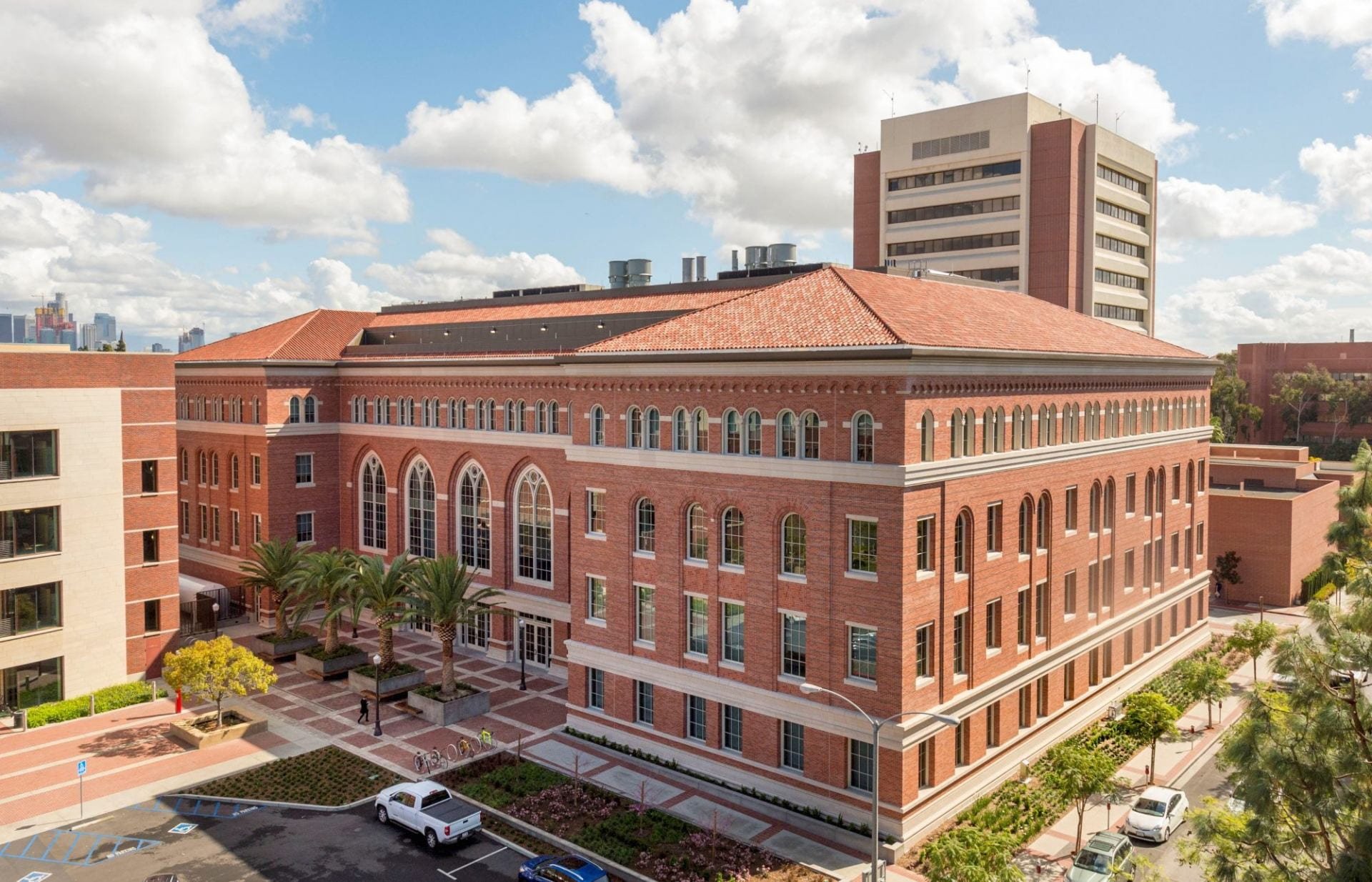
Empowering the Next Generation of Scientific Innovators
Michelson Prizes: Next Generation Grants
Apply for the Michelson Prizes: Next Generation Grants and receive $150,000 to fuel groundbreaking research in immunology and vaccine development.
The Application Portal is Closed. It Will Reopen in April 2026
Keystone Symposia ePanel
Michelson Prizes Next-Generation Grants: Advancing Immunology and Vaccine Innovation
On April 29, 2025, the Michelson Medical Research Foundation partnered with Keystone Symposia to present a live ePanel event spotlighting the 2024 recipients of the Michelson Prizes: Next Generation Grants.
UCLA receives $120 million from Alya and Gary Michelson for new California Institute for Immunology and Immunotherapy
Michelson Philanthropies & Science Prize 2024 Awards
Meet the 2024 Michelson Philanthropies & Science Prize for Immunology young investigators, including Grand Prize winner Bingxu Liu, and Finalists Carla Nowosad and Gabriele Casirati, as they present their groundbreaking research in human immunology. This event is a unique opportunity to learn about transformative advances in vaccine and immunotherapy development and engage with the scientists driving these innovations.
Michelson Medical Research Foundation Panel at UNCF UNITE Summit
The UNCF UNITE Summit for Black Higher Education, held last month in Atlanta, was the epicenter of discussions on the future of education and research at historically Black institutions. The summit promotes accelerating strategies for Black higher education and support for the institutional transformation of Black colleges and universities. Prominent academic leaders and experts gathered to tackle the pressing issues facing Historically Black Colleges and Universities (HBCUs).
Latest News

USC Michelson Center for Convergent Bioscience
The USC Michelson Center for Convergent Bioscience is a leading research facility that brings together experts from various fields to tackle critical health issues. Located in the largest academic building on the USC campus, the Center is equipped with state-of-the-art technology and equipment.

Michelson Medical Research Foundation
Michelson Medical Research Foundation, founded in 1995, creates medical research infrastructure and drives a model for highly collaborative convergent projects and targeted science. This empowers researchers to translate bold ideas into therapies that save lives and provides vital boosts to people and programs through research grants and prizes, strategic investments, and other tools.
Young investigators
break boundaries
Georges Köhler was 29 when he helped develop the technology for producing monoclonal antibodies, the foundation for cancer, autoimmune, immunotherapy and COVID-19 treatment today. He and his research partner won the 1984 Nobel Prize in medicine for their novel approach.
Underfunding is a global
opportunity cost
Since the 1980s, the average recipient’s age for NIH research grants has increased nearly a decade, from mid-30s to mid-40s, making it increasingly challenging for the next generation of Köhlers to drive new discovery.
Philanthropy can disrupt
calcified systems
Philanthropy can complement government-sponsored grants by funding bold young scientists with disruptive ideas that have the potential to revolutionize scientific processes and spur medical breakthroughs.
















